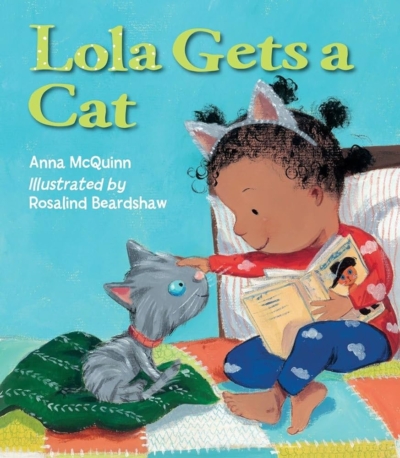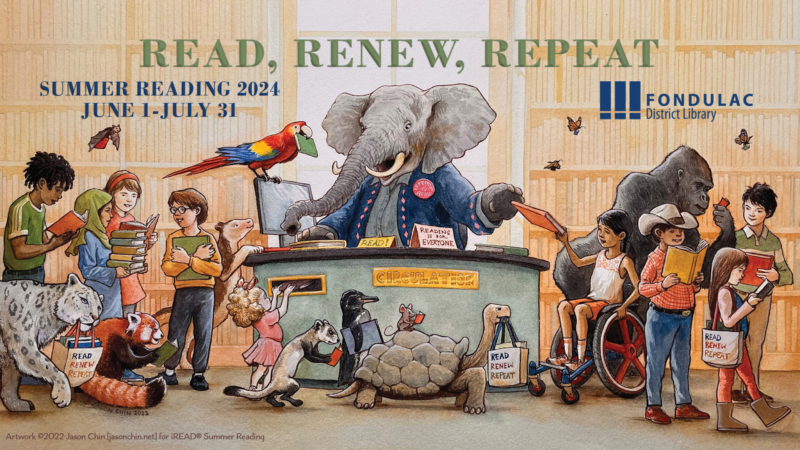#FDL: Juneteenth Reading List

Weaving together American history, dramatic family chronicle, and searing episodes of memoir, Annette Gordon-Reed provides a historian’s view of the country’s long road to Juneteenth, recounting both its origins in Texas and the enormous hardships that African-Americans have endured in the century since, from Reconstruction through Jim Crow and beyond. All too aware of the stories of cowboys, ranchers, and oilmen that have long dominated the lore of the Lone Star State, Gordon-Reed—herself a Texas native and the descendant of enslaved people brought to Texas as early as the 1820s—forges a new and profoundly truthful narrative of her home state, with implications for us all.
“We were eight years in power” was the lament of Reconstruction-era black politicians as the American experiment in multiracial democracy ended with the return of white supremacist rule in the South. Ta-Nehisi Coates explores the tragic echoes of that history in our own time: the unprecedented election of a black president followed by a vicious backlash that fueled the election of the man Coates argues is America’s “first white president.” But the story of these present-day eight years is not just about presidential politics. This book also examines the new voices, ideas, and movements for justice that emerged over this period–and the effects of the persistent, haunting shadow of our nation’s old and unreconciled history.
Details the struggle by African-Americans for equality after the Civil War and the violent counter-revolution that re-subjugated them, as seen through the prism of the war of images and ideas that have left an enduring racist stain on the American mind. The abolition of slavery in the aftermath of the Civil War is a familiar story, as is the civil rights revolution that transformed the nation after World War II. But the century in between remains a mystery: if emancipation sparked a new birth of freedom in Lincoln’s America, why was it necessary to march in Martin Luther King, Jr.’s America? In this new book, Henry Louis Gates, Jr., seeks to answer that question in a history that moves from the Reconstruction Era to the nadir of the African-American experience under Jim Crow, through to World War I and the Harlem Renaissance.
A “choral history” of African Americans covering 400 years of history in the voices of 80 writers, edited by the bestselling, National Book Award-winning historian Ibram X. Kendi and Keisha N. Blain. Last year marked the four hundredth anniversary of the first African presence in the Americas–and also launched the Four Hundred Souls project, spearheaded by Ibram X. Kendi, director of the Antiracism Institute of American University, and Keisha Blain, editor of The North Star. They’ve gathered together eighty black writers from all disciplines — historians and artists, journalists and novelists–each of whom has contributed an entry about one five-year period to create a single-volume history of black people in America.”
-Annotations from the publishers
#FDL is an update on all things Fondulac District Library and books.




 Not Quite a Ghost
Not Quite a Ghost  Dogtown by
Dogtown by 


 Junior High by Tegan and Sara Quin
Junior High by Tegan and Sara Quin
 From Cradle to Stage: Stories from the Mothers Who Rocked and Raised Rock Stars by Virginia Hanlon Grohl
From Cradle to Stage: Stories from the Mothers Who Rocked and Raised Rock Stars by Virginia Hanlon Grohl


